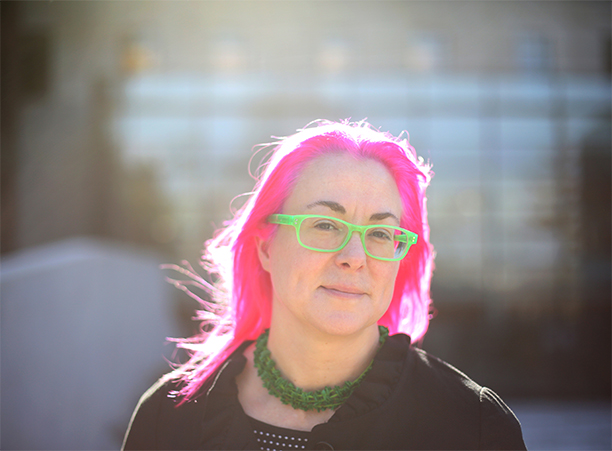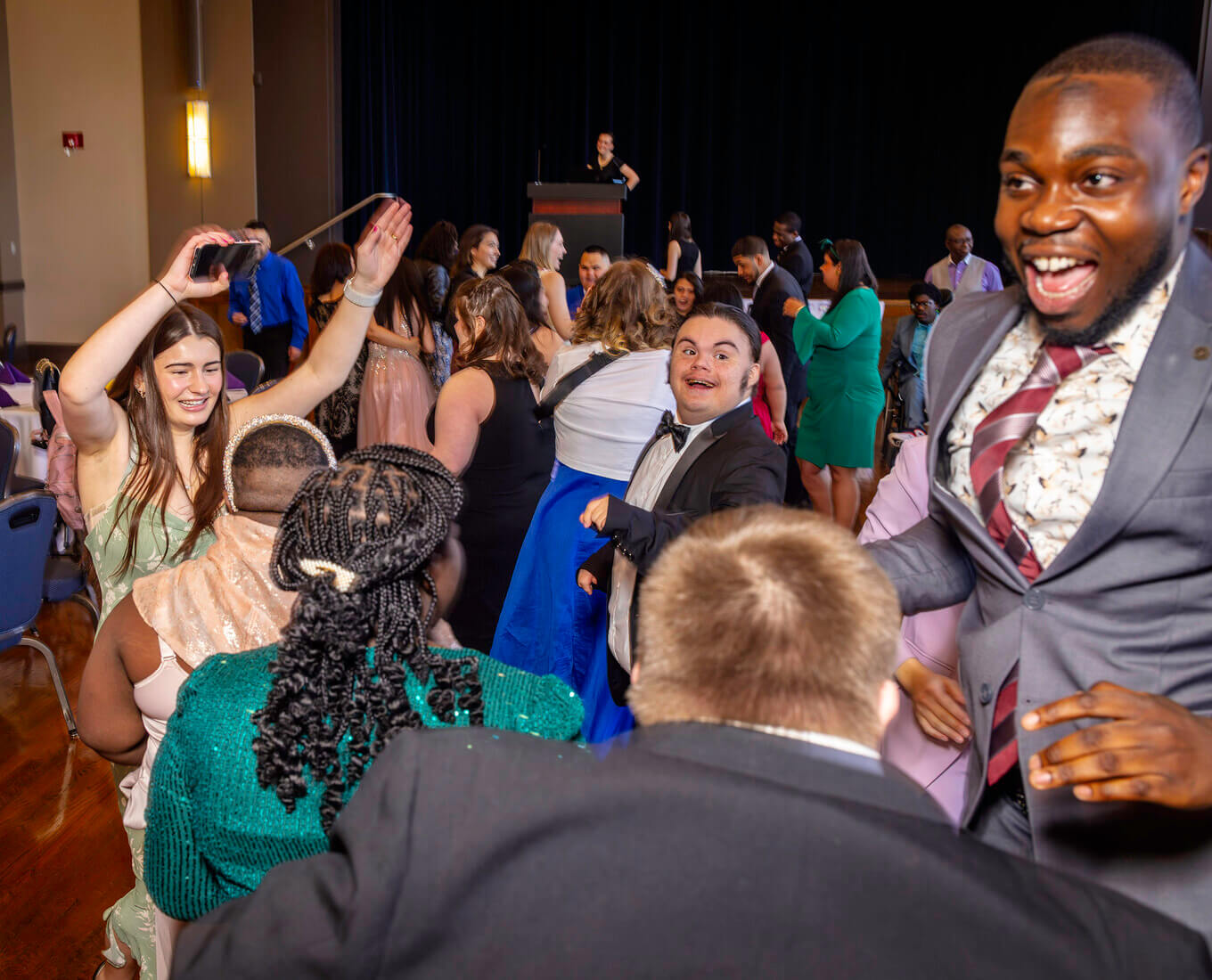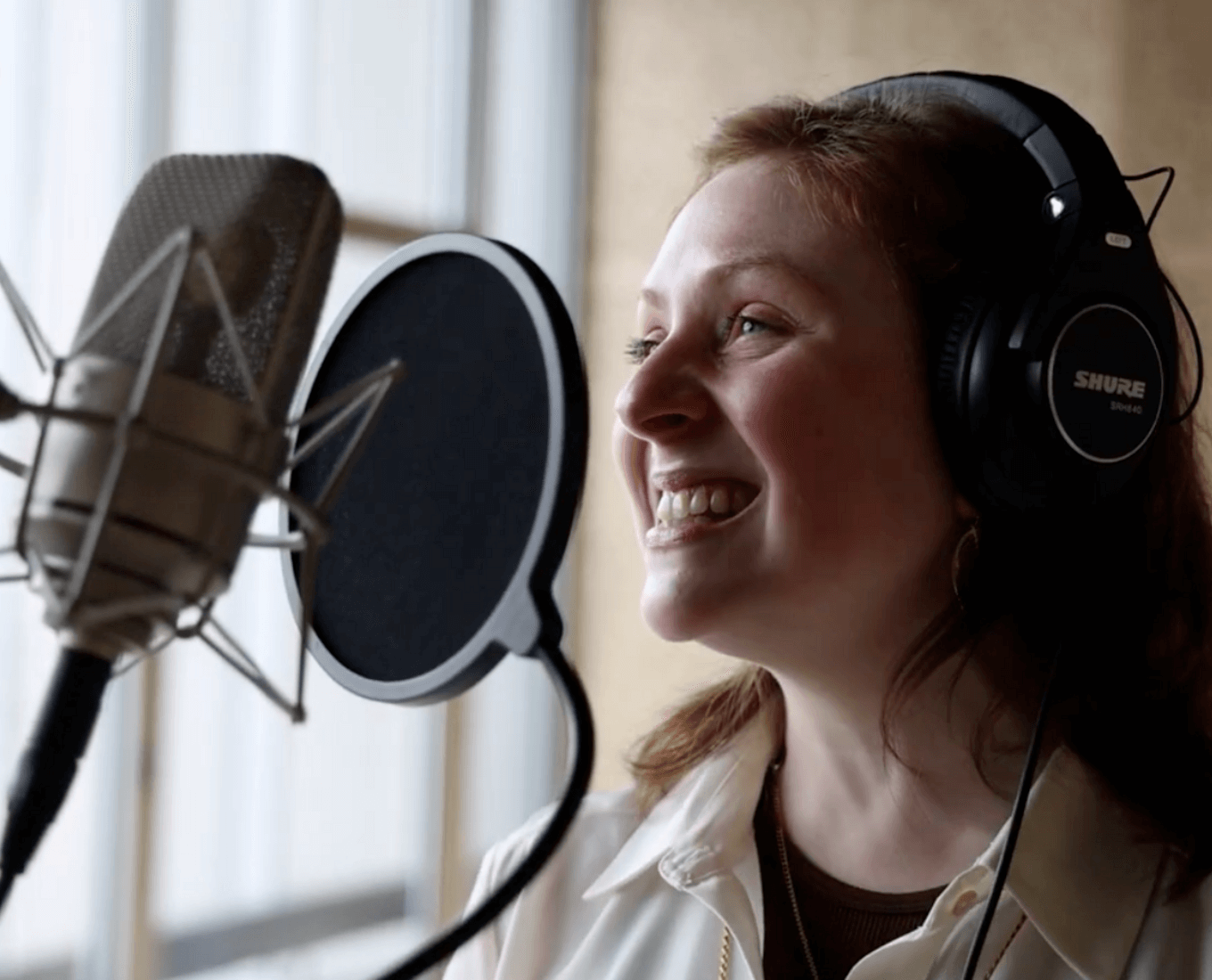
Associate professor of sociology, Renée Beard, can trace back her initial interest in Alzheimer’s disease to when she was fourteen years old. Working as a housecleaner in a nursing home in a small New Hampshire town, she met Margarita Wheeler, a resident originally from Montreal, who had what was called “Oldtimers” at the time. While Wheeler was generally alone, in part due to never marrying or having children, she was also sequestered into a corner room as far from the common areas as possible. In spite of being warned by staff that Wheeler was “no longer there,” Beard developed a relationship with the woman. Beard would covertly slip Canadian mints into her mouth whenever possible and Wheeler called Beard “Goldilocks” every time she saw her. Within the context of this unconventional relationship, these seemingly small, mundane moments of connections were monumental for solidifying Beard’s passion on the subject.
Years later, we fast forward to find Beard as a professor, medical sociologist and social gerontologist committed to changing the social environment surrounding aging and Alzheimer's disease. “I try to learn about and translate to others what the subjective experience is for older people who are diagnosed with early stage (or mild) Alzheimer’s disease,” says Beard.
Through her research, Beard has seen the almost exclusively negative stereotypes associated with the disease and the often crippling social context those with AD have to navigate. “Managing the social ramifications of the disease (i.e., the felt and enacted stigma of being deemed incompetent) on top of the biological realities of the disease creates a double-edged sword for people with AD.” Her impetus, which began with a Canadian woman in a New Hampshire nursing home, is consistently reenergized by the individuals she interacts with in her research, which includes her 18-month doctoral study at the University of California San Francisco and a 3-year position as a National Institute of Health Postdoctoral Research Fellow at the University of Illinois at Chicago.
Beard’s main goals as a sociologist are to foster tolerance by working to reverse harmful assumptions associated with health, aging, and Alzheimer’s, and to make suggestions for structural changes that can improve the lives of diagnosed individuals and their families, she says. Assumptions and structures which she feels too often pit generations against each other, reinforce ageism and ignore social determinants of health and aging.
While social institutions like medicine and the mass media often cast a negative shadow on those with Alzheimer’s disease and life with the condition, Beard has discovered that those most intimately affected tell a different story: “The people I talk to, believe it or not, are incredibly optimistic.”
Beard explains that, much to her surprise, those diagnosed often feel relieved to have a name for their experiences and fortunate to have outlived many of their contemporaries. “They say they are glad to have the time to devote to what matters to them, to write memoirs for grandchildren in case someday they can no longer remember the stories, to travel and appreciate every moment, and some even suggest that their faith or spirituality is renewed or refocused after being diagnosed with Alzheimer’s disease.”
Because society meets these people with a far less favorable attitude, those in the early phases of Alzheimer’s disease often struggle to navigate between their own everyday experiences and how they and others are socialized to understanding the condition.
“Alzheimer’s represents the quintessential postmodern struggle between self and society—whereby we must ask ourselves the age-old question: ‘What do we owe each other?’” she explains. “In this case, social others can either join people where they are and be supportive of their changing interactional styles or alienate people and exacerbate their difficulties.”
“The choice,” Beard says, “has always been obvious to me.”
A member of the sociology and anthropology faculty since 2008, Beard appreciates the link between her work and the College’s own values of social justice and social change, most especially in the classroom. “As a teacher, I am honored to work at a place where I can help students to understand our relative positions of privilege and the various obligations we have to helping make a better world for us all.” Beard does this both in her popular courses, which include Illness Narratives, Medical Sociology, and Aging & Society, as well as through her support of students working on honors thesis. For the past five years, Beard has also overseen students conducting research through the annual Greisch Family Summer Research Fellowship on ranging topics in the field of sociology.
Beard notes her work with students as one of the most rewarding aspects of her work in sociology where she is able “to help them foster their own sociological imagination, interrogate the social disparities in America, and contribute to the important role sociology can play in improving the world we share.”
Whether working with students to help them understand the macro structural dynamics of society and the interplay between those institutions, societal views, and micro individual experiences , or with those with Alzheimer’s disease to advance their cause, Beard’s drive is rooted in social justice.
By approaching Alzheimer’s from a sociological perspective rather than a medical one, Beard champions the voices of those most deeply affected by the disease, stemming from a commitment ignited many years ago. “All these years later, I still feel fortunate to have been challenged to suspend my own reality long enough to join people in their worlds, to connect with them, and to tell their stories so others can see from the inside out how it feels to live with what we call Alzheimer’s.”
Sociology Professor Offers Voice for Those With Alzheimer’s Disease
Beard looks at Alzheimer’s disease and aging from a different, important perspective
Read Time
4 Minutes


